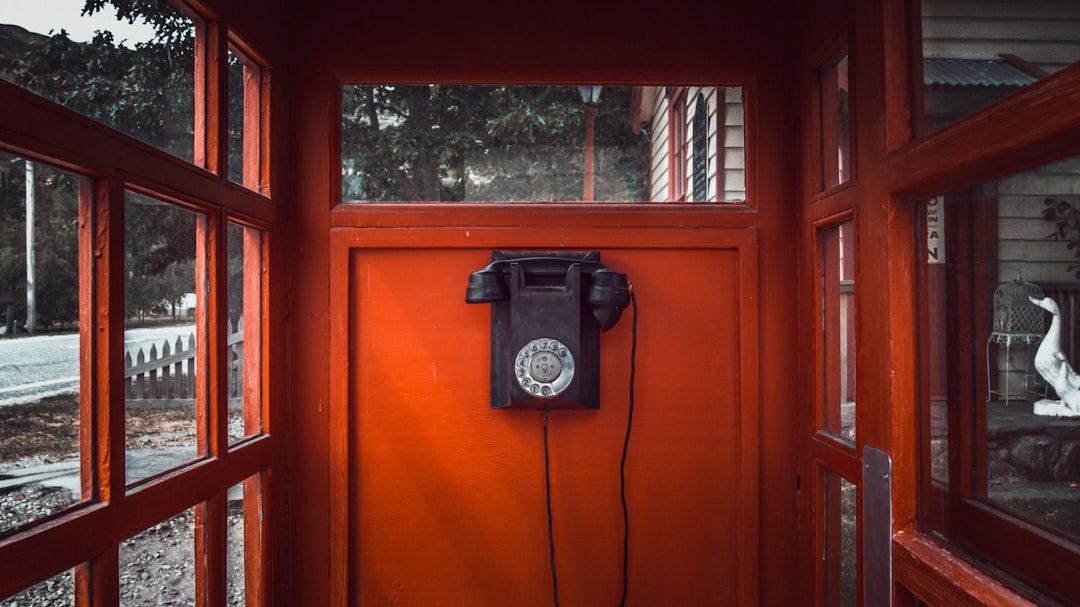Wisconsin's "No Call" rules, enforced by DATCP, protect residents from unwanted telemarketing calls. Outbound sales calls are banned during specific hours (7 a.m.-9 p.m.), and individuals can register their numbers to block commercial calls. Harassment includes repeated unwanted contact, threatening language, and impersonation, with legal remedies available through a specialized lawyer for No Call Laws Wisconsin. Businesses should implement robust anti-harassment policies, training, and call record keeping to comply with these rules.
In Fond du Lac, Wisconsin, understanding what constitutes harassment under the state’s strict “No Call” rules is paramount for businesses and individuals alike. This comprehensive guide explores Wisconsin’s no-nonsense approach to preventing unwanted phone calls, particularly focusing on harassment definitions and legal ramifications. From recognizing common scenarios leading to violations to discussing preventive measures, this article equips readers with vital knowledge. Additionally, we provide insights into seeking legal recourse with a specialized lawyer for No Call Laws Wisconsin, ensuring compliance and protection against potential disputes.
Understanding Wisconsin's No Call Rules: An Overview

In Wisconsin, “No Call” rules are designed to protect residents from unwanted telemarketing calls and sales pitches. These regulations, enforced by the Wisconsin Department of Agriculture, Trade and Consumer Protection (DATCP), limit the times and methods businesses can use to contact consumers. Understanding these rules is crucial for both businesses looking to comply with the law and individuals dealing with persistent or harassing calls.
A “No Call” list in Wisconsin includes phone numbers of residents who have requested to not be contacted by telemarketers. It’s illegal for companies to make outbound sales calls to these numbers during specific hours—typically between 7 a.m. and 9 p.m., Monday through Friday, and all day Saturday and Sunday. Consumers can register their numbers online or by mail with the DATCP, ensuring they receive peace of mind from unwanted commercial calls. If you’re facing harassment despite being on the Do-Not-Call list, consulting a lawyer specializing in No Call Laws Wisconsin can help you navigate your rights and options.
What Does Harassment Look Like in Wisconsin?

In Wisconsin, harassment under No Call rules is a serious matter and can take various forms. It doesn’t always involve direct, aggressive actions; instead, it’s about persistent unwanted contact that creates a hostile or intimidating environment. This could include repeated phone calls, text messages, or emails with threatening, abusive, or obnoxious content. For instance, if a caller leaves multiple messages using obscene language or threatens legal action without intent to follow through, it constitutes harassment.
A lawyer for No Call Laws Wisconsin can help individuals understand their rights and take appropriate action. Harassment may also manifest as persistent contact despite requests to stop, such as when someone continues to call or message after being explicitly told to leave them alone. In some cases, harassment can be subtle, like repeated pranks or inappropriate comments aimed at making the recipient feel uncomfortable or afraid.
Common Scenarios Leading to Violations

In many cases, violations of Wisconsin’s No Call Rules arise from common scenarios that can be avoided with clear communication and respect for personal boundaries. One frequent instance is when a caller, despite being advised not to call again, persists in making repeated phone calls. This could involve a persistent sales pitch or an insistence on connecting with someone who has explicitly expressed disinterest. Another scenario involves political or charitable organizations making automated phone calls (robocalls) without regard for do-not-call requests.
Additionally, harassment can occur when calls are made at inconvenient times, such as before 7 am or after 9 pm, knowing that the recipient typically sleeps during these hours. Using threatening or abusive language, making false statements, or impersonating someone else is also considered harassment. A lawyer specializing in No Call Laws Wisconsin can provide guidance on specific cases and help individuals protect their rights against such violations.
Legal Recourse: Seeking Help from a Lawyer

If you believe you’ve been a victim of harassment in violation of Wisconsin’s “No Call” rules, it’s crucial to understand your legal options. One of the most effective steps you can take is to consult with a lawyer specializing in No Call Laws in Wisconsin. They can provide invaluable guidance tailored to your specific situation. A qualified attorney will help you navigate the complexities of these laws and assess potential remedies available to you.
By engaging a lawyer, you gain access to their expertise in interpreting state regulations and previous case law related to harassment. They can assist in drafting legal notices or even representing you in negotiations or court proceedings if necessary. Having a lawyer by your side ensures that your rights are protected and gives you the best chance of securing justice and compensation for any harm suffered due to unwanted calls or other forms of harassment.
Preventive Measures and Best Practices for Businesses

To prevent harassment under Wisconsin’s No Call Rules, businesses in Fond du Lac should implement robust policies and procedures. This includes mandatory training for employees on recognizing and reporting harassing behavior, as well as establishing clear guidelines for communication with customers and clients. A lawyer for No Call Laws Wisconsin can help draft and enforce these policies, ensuring compliance with state regulations.
Additionally, businesses should adopt best practices such as maintaining detailed records of all communications, implementing do-not-call lists, and using technology to filter out unwanted calls. Regular reviews of call logs and customer feedback mechanisms can also help identify potential issues early on. By embracing these preventive measures, Fond du Lac businesses can foster a respectful work environment and avoid costly legal repercussions associated with harassment.






